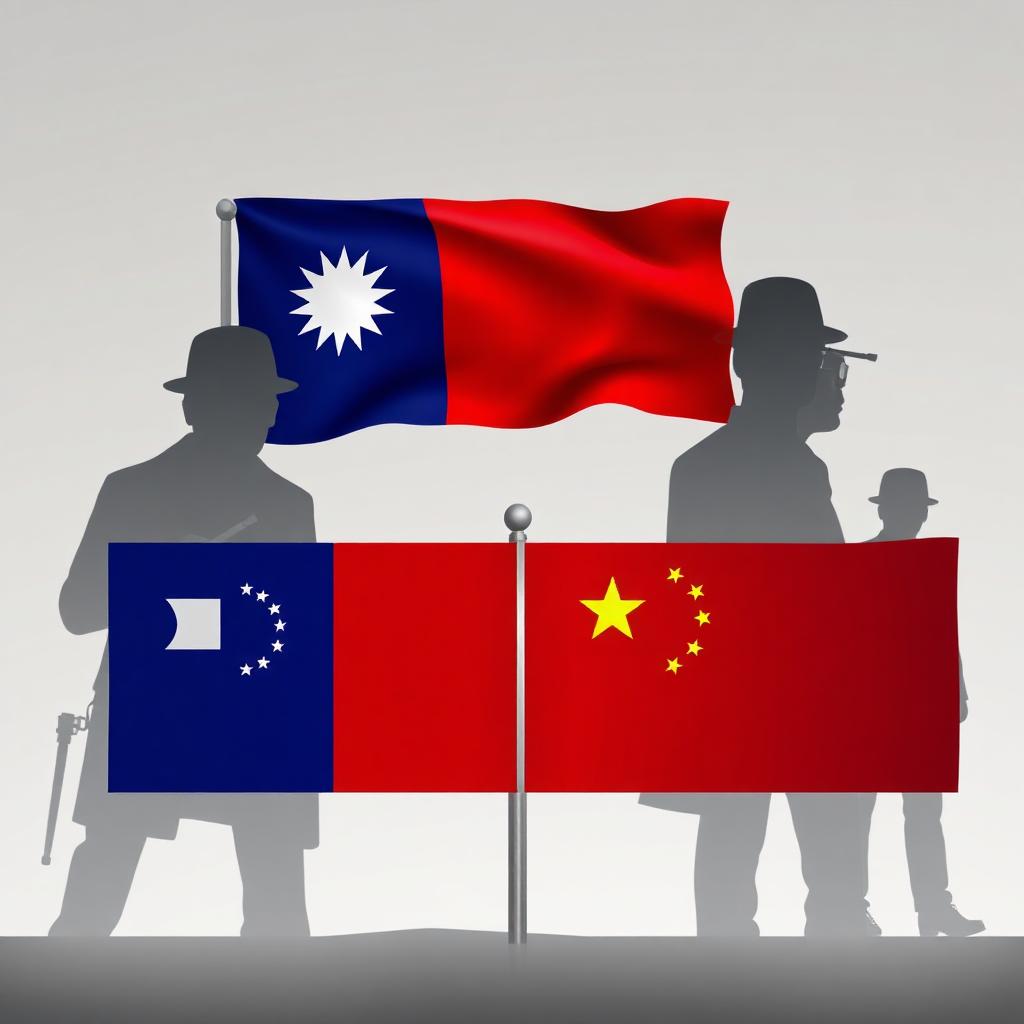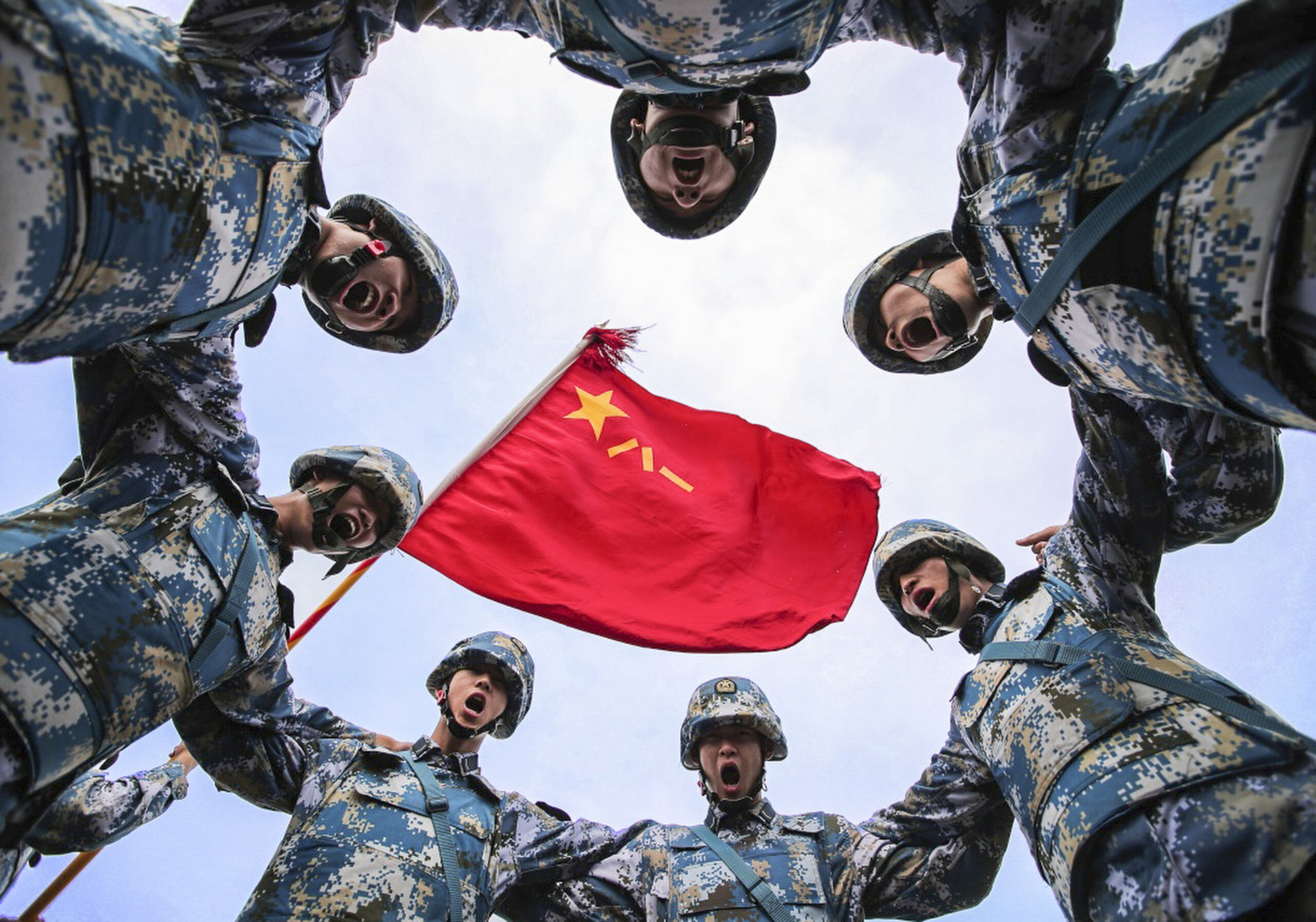Richard Sanders
A member of the Democratic Progressive Party (DPP), Ho Jen-chieh, was taken into custody yesterday under suspicion of espionage for China during his time as an aide to former foreign minister Joseph Wu.
The Taipei District Prosecutors’ Office revealed that Ho was linked to the investigation concerning alleged spying activities involving former Presidential Office consultant Wu Shang-yu. Prosecutors have reason to believe that Ho violated the National Security Act by leaking classified information from the Ministry of Foreign Affairs to Chinese intelligence.
Following his interrogation, prosecutors requested Ho’s detention from the Taipei District Court, citing fears of potential collusion and evidence tampering, which the court granted.
This case is part of a broader investigation into Chinese espionage within the Presidential Office. It was discovered that former DPP member Huang Chu-jing reportedly was recruited by Chinese intelligence while conducting business in China. After returning to Taiwan, Huang began gathering sensitive information and leveraging his political connections to recruit others.
Among those allegedly recruited by Huang are Chiu Shih-yuan, a former deputy director at the DPP’s Taiwan Foundation for Democracy, and Wu Shang-yu, who was secretarial staff under President William Lai during Lai’s vice presidency. Prosecutors stated that Wu passed on details about Lai’s presidential trips to Chiu, who then conveyed those national security-related details to Huang for transmission to Chinese agents.
Huang also purportedly enlisted Ho, who, while working for National Security Council Secretary-General Joseph Wu—including during his time as foreign minister—supposedly began sharing sensitive Ministry of Foreign Affairs information with Huang for delivery to Chinese spies.
Earlier during the investigation, prosecutors searched the homes and offices of Huang and Chiu, leading to their arrests. Following these detentions, Wu Shang-yu was also dismissed from his position, relating to accusations of espionage.
Prosecutors have secured evidence that suggests Huang successfully recruited Ho as a contributing spy for China. The investigation gained momentum after KMT Legislator Hsu Chiao-hsin made public comments that inadvertently revealed Ho’s identity, triggering immediate action from authorities.
The office of Joseph Wu, the National Security Council Secretary-General, stated that Ho had left his position in March of last year. The office emphasized its commitment to supporting judicial efforts to hold anyone accountable for treasonous or infiltrative activities that compromise public welfare, irrespective of their political affiliations.
Ho’s arrest marks another instance of DPP personnel being drawn into espionage allegations. Just last month, Sheng Chu-ying, a former assistant to several DPP lawmakers, was released on bail while investigations continue regarding his alleged recruitment by Chinese intelligence during a visit to China.



